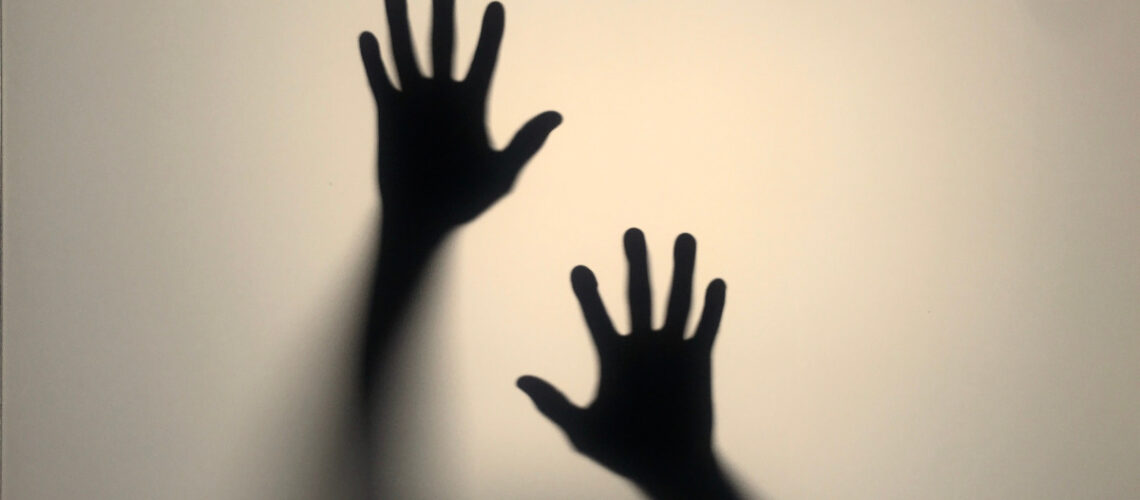The human fascination with horror films is a timeless enigma that has intrigued psychologists, filmmakers, and audiences alike for decades. These spine-chilling cinematic experiences, often laden with terror, suspense, and the supernatural, continue to draw people in like moths to a flame. But what is it about horror movies that captivates our minds and sends shivers down our spines? In this exploration of the psychology of horror films, we delve into the intricate web of human emotions, primal instincts, and the allure of the unknown that make these movies a beloved genre.
The Thrill of Fear
Fear is a fundamental human emotion, deeply rooted in our evolutionary history. Horror films tap into this primal emotion, providing a safe and controlled environment to experience fear. The anticipation of the unknown and the adrenaline rush that accompanies it can be exhilarating for many. Psychologically, fear triggers the release of stress hormones like adrenaline and cortisol, creating a physiological response that can be addictive. As the heart races and palms sweat, viewers become hooked on the physiological rush that horror movies offer.
The Catharsis of Anxiety
One of the key psychological aspects of horror films is their ability to provide catharsis, a concept introduced by the ancient Greek philosopher Aristotle. Catharsis involves the release of pent-up emotions through art and storytelling. Horror films allow viewers to confront their deepest fears and anxieties in a controlled setting. By watching characters face terrifying situations on screen, audiences can work through their own unresolved fears and anxieties, ultimately feeling a sense of relief and catharsis.
The Morbid Curiosity
Human beings possess an innate curiosity about the macabre and the unknown. Horror films exploit this curiosity by presenting viewers with gruesome and supernatural scenarios. The morbid curiosity to explore the darker aspects of life, death, and the supernatural is a powerful psychological driver behind the popularity of horror movies. People are drawn to the mystery of the occult, the unexplained, and the boundaries of human existence, and horror films offer a window into these forbidden realms.
The Power of Identification
Horror films often feature relatable characters who find themselves in terrifying situations. This allows viewers to identify with the protagonists, projecting themselves into the story. The psychological phenomenon of identification makes the horror experience more intense and personal. As viewers empathize with the characters, their fear becomes our fear, heightening the emotional impact of the film. Additionally, with the rise of technology and CGI in filmmaking, directors have taken new and classic films to the next level. With many re-vamps of old movies, viewers are re-experiencing horror movies they grew up watching.
The Mastery Over Fear
For some, watching horror films is a way to assert control over fear. By voluntarily subjecting themselves to frightening experiences in a controlled environment, viewers can feel a sense of mastery over their own anxieties. This mastery over fear can boost self-esteem and confidence, as individuals prove to themselves that they can confront and overcome their deepest fears.
The Social Bonding
Watching horror films can also be a social activity that fosters bonding among friends and family. Sharing the experience of fear with others can strengthen social connections, as the group collectively navigates the emotional rollercoaster of the film. Afterward, discussing the plot, scares, and reactions becomes a topic of conversation, enhancing the sense of belonging and shared experience.
The Psychological Cathexis
Psychological cathexis refers to the emotional investment viewers make in a story or characters. In horror films, this emotional investment is often intense. Audiences become emotionally attached to the characters’ fates, eagerly awaiting the resolution of their struggles. This engagement can be psychologically rewarding, as viewers experience a range of emotions, from fear to relief, throughout the film.
The Quest for Sensation
Humans have a natural inclination to seek novel and intense sensations. Horror films offer a unique opportunity to satisfy this innate desire for excitement. The unpredictability of horror plots and the visceral reactions they evoke provide a sensory experience that is difficult to replicate in other genres. This quest for sensation is a psychological motivator that keeps audiences coming back for more.
The Desensitization Effect
While horror films offer a controlled environment for exploring fear, there is a potential downside: desensitization. With repeated exposure to graphic violence and horror, some viewers may become desensitized to real-world violence and suffering. This desensitization effect raises important ethical questions about the impact of horror films on our psyche and society.
Horror Films and Heart Pumping Fun
Intriguing and multifaceted, the psychology of horror films reveals the intricate interplay of human emotions, our innate curiosity about the unknown, and our desire to confront our deepest fears. From the thrill of fear to the catharsis of anxiety, horror movies provide a unique psychological journey that continues to captivate audiences worldwide. While they may be terrifying, horror films also offer a valuable space for introspection, catharsis, and the exploration of our own psychological landscapes. As long as humans remain fascinated by the enigmatic and the terrifying, horror films will continue to hold a special place in our collective psyche.

